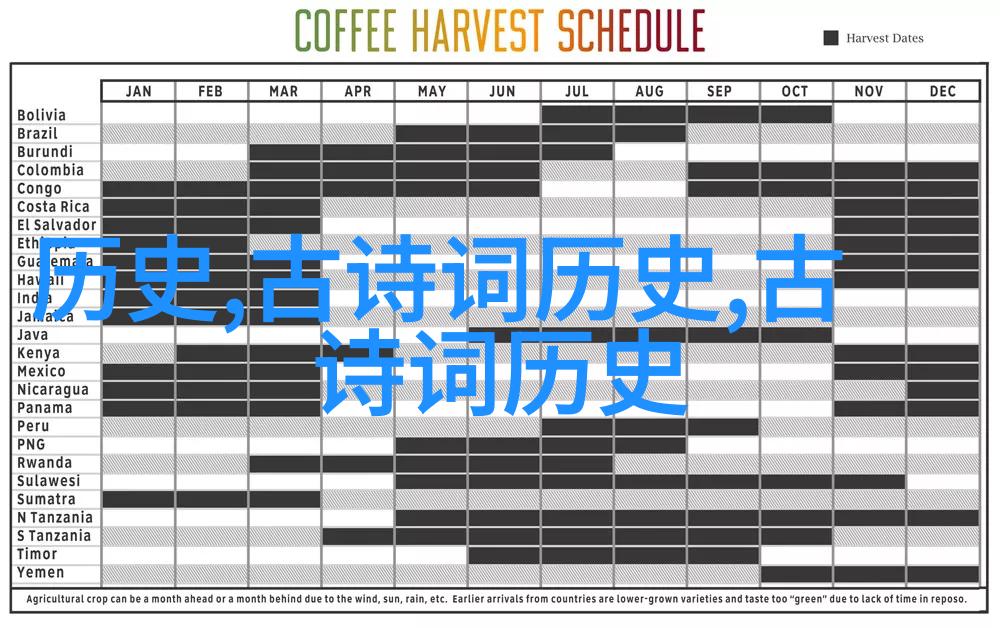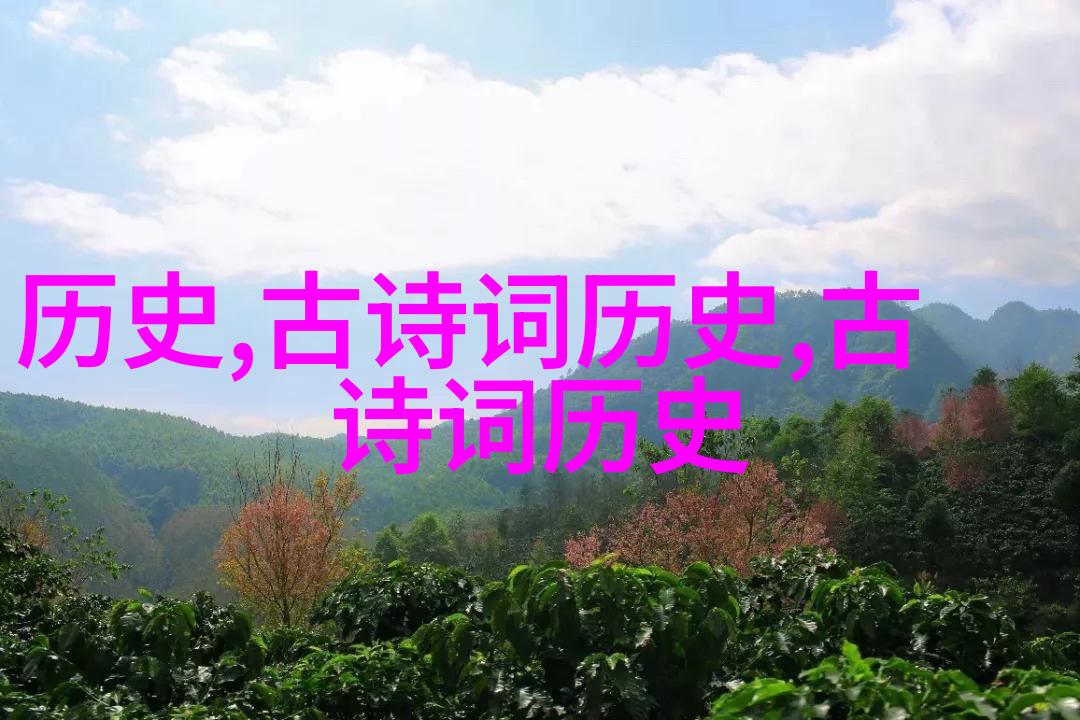初见天地0岁婴儿古诗选
在这个充满无知与好奇的世界里,0岁的婴儿正以他们那纯真的眼神和不经意间流露出的笑容,向我们展示着生命最初的美丽。他们尚未学会语言,但却能够通过一些简单的声音、动作和表情来表达自己的情感。而在这些基础的情感表达中,有一丝丝诗意的流露,这是对未来的文学创造力的预演,也是对古代诗歌传统的一种独特诠释。

1. 诞生之际:0岁婴儿的心灵探索
在婴儿出生后的头几周,他们还没有完全适应外界环境,因此大多数时候都处于睡眠状态。但即使是在沉睡中,他们也能感受到周围人的关怀与爱。这种感觉很可能就是后来成长为词人的孩子们心中的第一抹色彩,是他们未来创作时不可或缺的情感基石。

2. 婴儿语音:自然律动的起点
随着时间的推移,婴儿开始学习如何发出各种声音,以此作为交流的一种方式。这些初学者的话语虽然含糊不清,但却蕴含了音乐般悦耳的声音节奏,这也是后来许多诗人追求押韵和节奏平衡的地方。

3. 视觉体验:画卷上的生机勃勃
对于0岁的孩子来说,世界是一个充满新鲜事物的大舞台。每一个触摸到的物体,每一次看到的事物,都是一次新的发现。这份纯粹且强烈的情感,对于那些将要成为艺术家的人来说,无疑是丰富灵感源泉的一个重要补给站。

4. 情感共鸣:理解古人智慧
babies have a natural ability to recognize and respond to music, which is an innate part of their cognitive development process. This instinctive connection with music could be the foundation for future poet's deep understanding of rhythm and meter in poetry.

As they grow older, these children may develop an appreciation for the ancient Chinese poets who used nature imagery and symbolism to convey complex emotions and ideas. They may find themselves drawn to the works of poets like Li Bai or Du Fu, who wrote about their own experiences with nature as a way of exploring deeper themes.
5. 心灵深处寻觅真理
When babies are able to understand simple stories or rhymes, they begin to grasp the concept that language can be used not only for communication but also for expression of thought and emotion.
This early understanding sets them on a path towards developing their own unique voice in literature - one that blends innocence with wisdom, simplicity with complexity, and raw emotion with poetic depth.
The journey from infancy to maturity is long but inevitable; it is through this progression that we see the emergence of talent from seemingly ordinary beginnings - much like how ancient Chinese poems were often crafted around everyday life events yet conveyed profound insights into human nature.
In conclusion, while there might not exist "a baby's complete collection of ancient poetry" at birth (or even at any age), we can observe glimmers of creative potential within every newborn child - potential that will blossom over time into beautiful expressions worthy of being called "poetry".